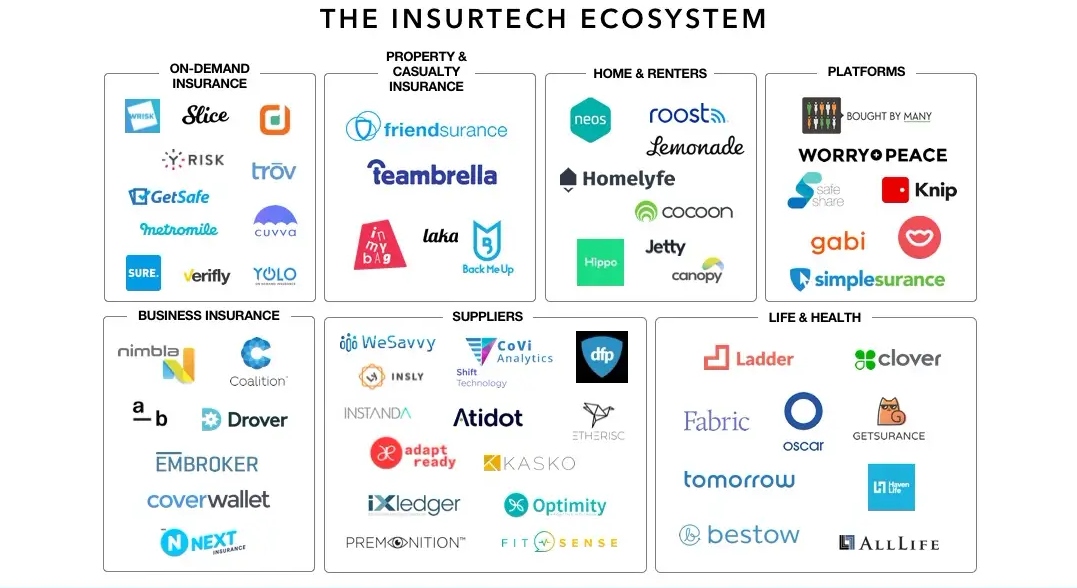Comments
- No comments found

Interventions in global mental health are abundant, but the key indicator: thoughts, have no products built around them, offered in any type of insurance.

Thoughts are the basis of mental health. When thoughts are fine, mental health is fine, if not, there might be a crisis. Though thoughts don’t make determinations alone, they are the transport that gets to destinations in the brain to make [temporal or permanent] states.
The brain is often described as a biological organ, with chemical and electrical activities, yes, but the brain is also a thought organ, using thoughts for experiential interactions with the world.
It is what thoughts say something is that it is. It is the representation of thought, for what is external that the brain uses.
Just like light constructs sight, or what is actually seen is light, what the brain constructs is thought, or what exists as senses to the brain are thoughts.
Thought relays in the brain in any condition of mental health holds an important insurance advance, globally.
There is no product of its kind, not because there could not have been, but how to track thoughts in the brain is elusive because neuroimaging, the basis of brain science displays cannot see or show thoughts.
The place to begin, however, is sensory integration, occurring after sensory input. Senses come in. They go to relay centers — the thalamus and the olfactory bulb. It is from there they become something which then transports to parts of the cortex for interpretation.
The sensory-thought integration model of the brain postulates that sensory integration is into a uniform unit, which is thought or a form of thought. It is what gets relayed to be known, felt and for reaction.
What this means is that after senses go to those relay centers, they become what the brain can use, and it is in this form they are nimble.
Showing this travel in every condition is a remote global mental health insurtech product could become a fast selling insurance amid economic slump, with very low premiums—innovated for scale, with no necessity for copays or pre-existing requirements.
The reason for lots of confusion about what goes on in the mind is not for lack of cellular or molecular details of the brain, but that the rules of the construct of neurons are unknown.
Why do media on smartphones make someone laugh? How did it get to a place in the brain to trigger those smiles? If it was something else, how did that happen? Why really does addiction take hold? Not to answer by pleasure center or reward system, but what in the memory takes center stage for the call to go, go compulsively?
The lack of having something, anything about what is in the mind has made mental health far more difficult. There is also no test for psychiatric conditions except surveys and questions. Thought relays are a test-measure for display, to be linked to every state of mind..
An NIH funded study already linked the thalamus to thought, but the model expands what it is, with insurance having the chance to offer it globally.
Leave your comments
Post comment as a guest